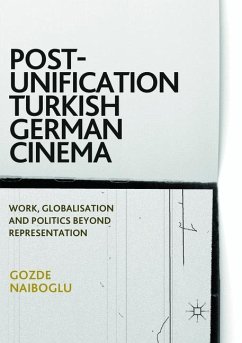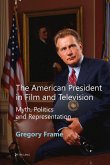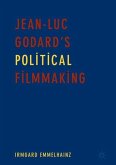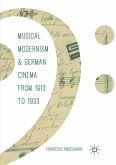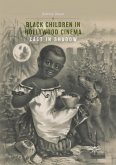This book offers a post-representational approach to a range of fiction and non-fiction films that deal with labour migration from Turkey to Germany. Engaging with materialist philosophies of process, it offers analyses of films by Thomas Arslan, Christian Petzold, Aysun Bademsoy, Seyhan Derin, Harun Farocki, Yüksel Yavuz and Feo Aladag. Shifting the focus from the longstanding concerns of integration, identity and cultural conflict, Gozde Naiboglu shows that these films offer new expressions of lived experience under late capitalism through themes of work, social reproduction, unemployment and insecure work, exhaustion and precarity, thereby calling for a rethinking of the established ideas of class, community and identity.
"Post-Unification Turkish German Cinema is a compelling contribution to the study of Turkish German cinema ... while also broadening the field of transnational film studies, as well as the literature on European cinemas. Naiboglu develops a powerful materialist approach to the cinematic expressions of the agential capacity of migrant labour under neoliberalism, as well as to the political potential of film itself, and revises the binaries approaching migration in terms of the success or failure of integration." (Ecem Yildirim, Studies in European Cinema, May 3, 2022)

